Paul is one of Sunshine Home’s academic coordinators. He has designed curriculum for pre-kindergartners all the way up to undergraduate students as well as for non-profit organizations. After completing his CELTA, Paul has taught students of all ages in various countries from the United States to South Korea, Saudi Arabia to Chile. Now in China, Paul has gained experience teaching English, history, and psychology at the primary, middle, and high school levels. He brings over a decade of teaching experience and is currently completing his US teaching certification. Paul holds a Master’s degree in Sustainability and a Bachelor’s in Psychology and Anthropology.

• There are four parenting styles (authoritative, authoritarian, permissive and neglectful)
• The authoritative style contributes to many positive outcomes
• Authoritarian, permissive and neglectful styles can lead to many negative outcomes

Introduction
For good or bad, how we parent will have a big effect on our children.
Neuroscience research shows us that the relationships children have in their family environment can affect how they turn out as adults.
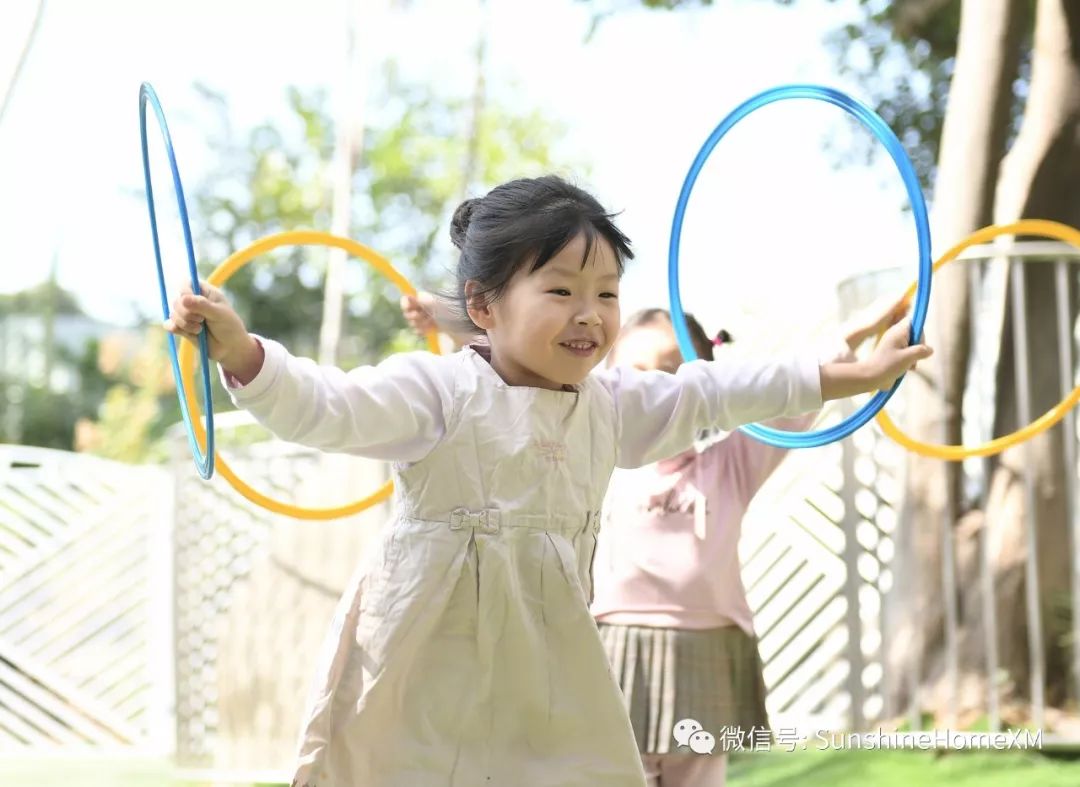
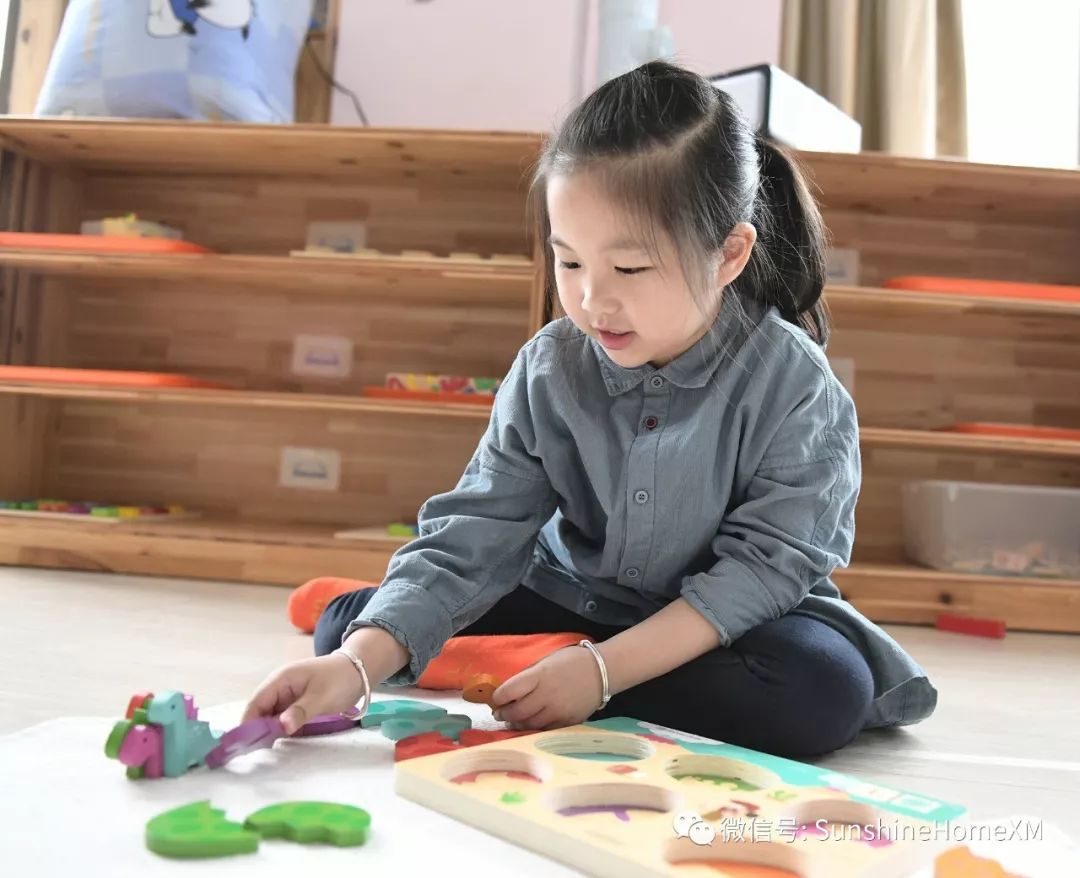


Research also shows that there is a parenting style that is best for children.

The Four Parenting Styles
Diana Baumrind, a developmental psychologist at The University of California, Berkley, identified the four basic elements that help shape successful parenting: responsiveness vs. unresponsiveness and demanding vs. undemanding.
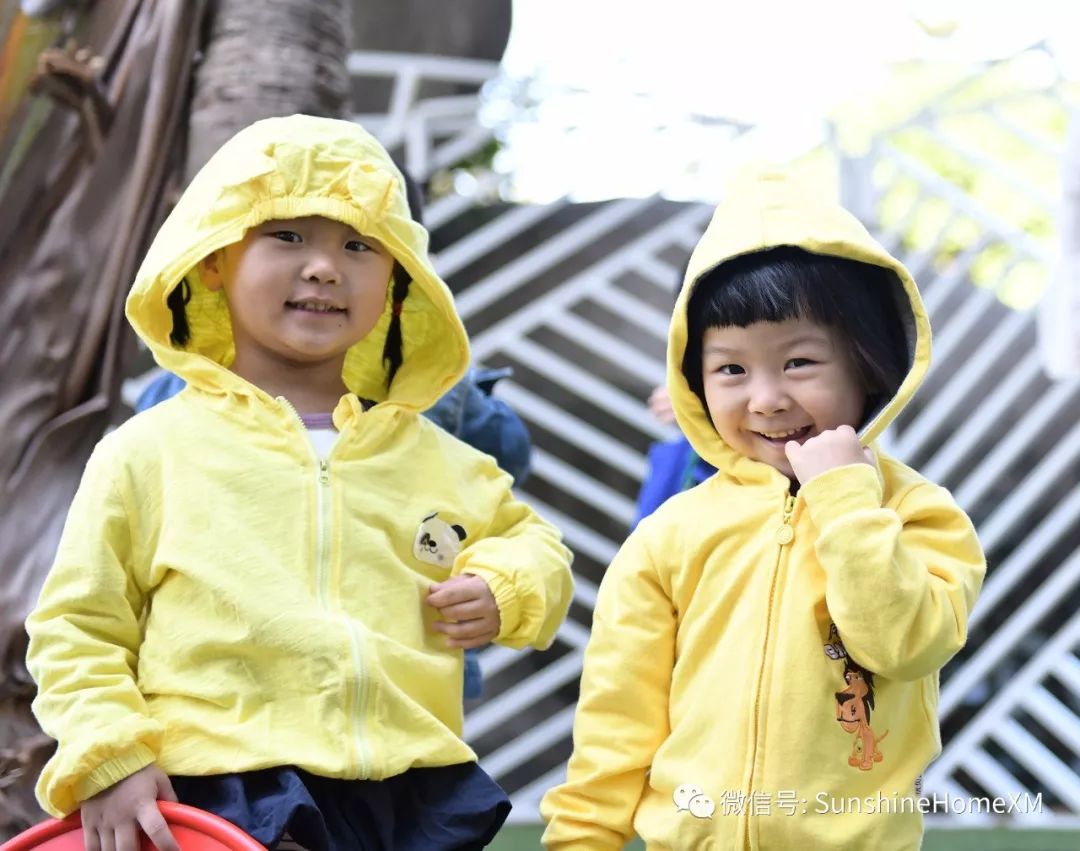
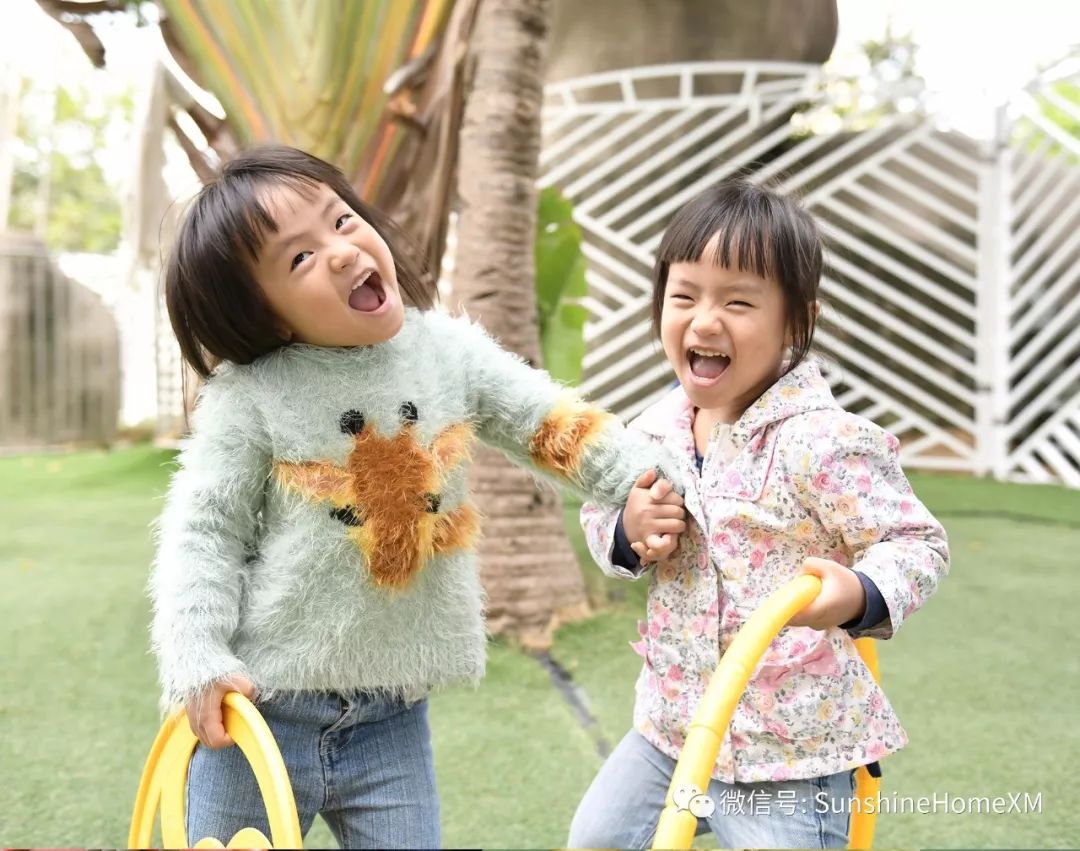
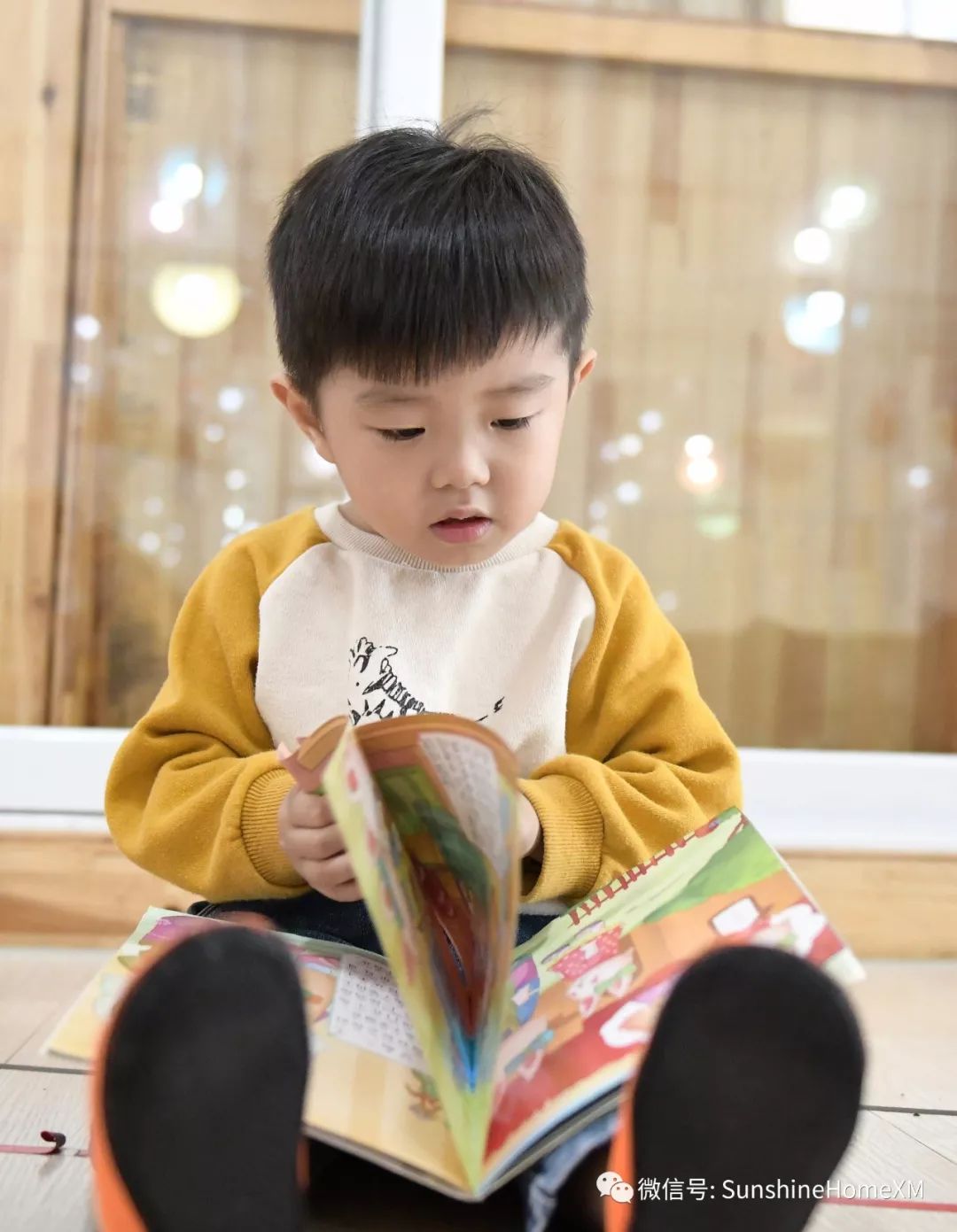

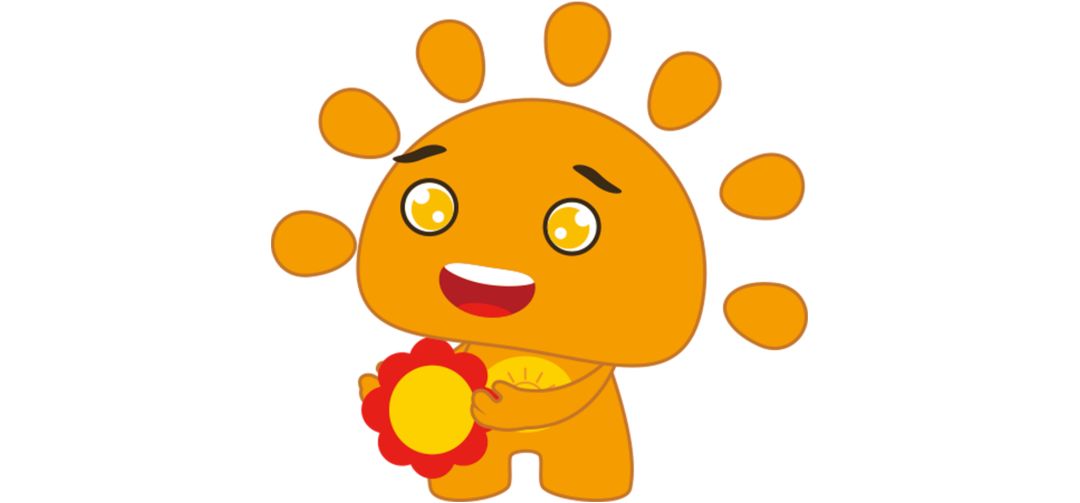
Parental responsiveness refers to the degree that parents respond to the child’s needs, while parental demandingness refers to the rules and expectations the parent puts in place for their child’s behavior.
From these distinctions, four parenting styles were identified:
| Responsive | Unresponsive | |
| Demanding | Authoritative | Authoritarian |
| Undemanding | Permissive | Neglectful |
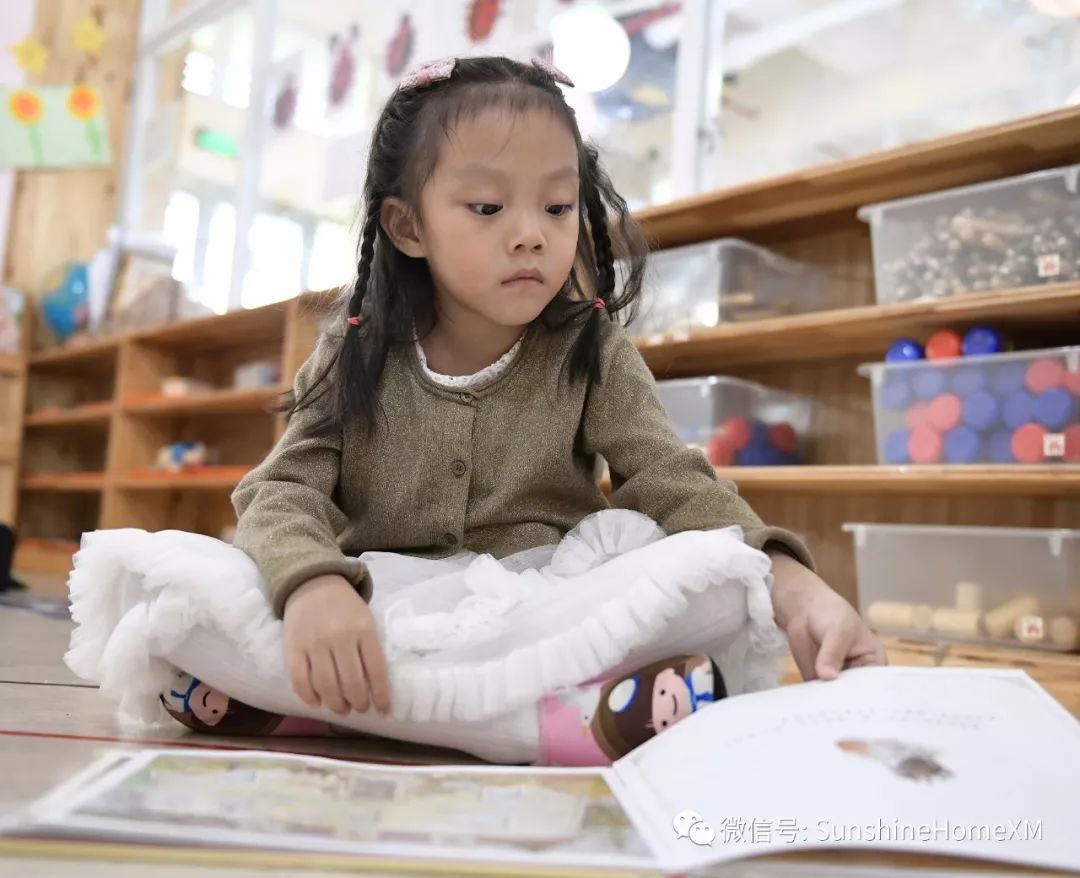
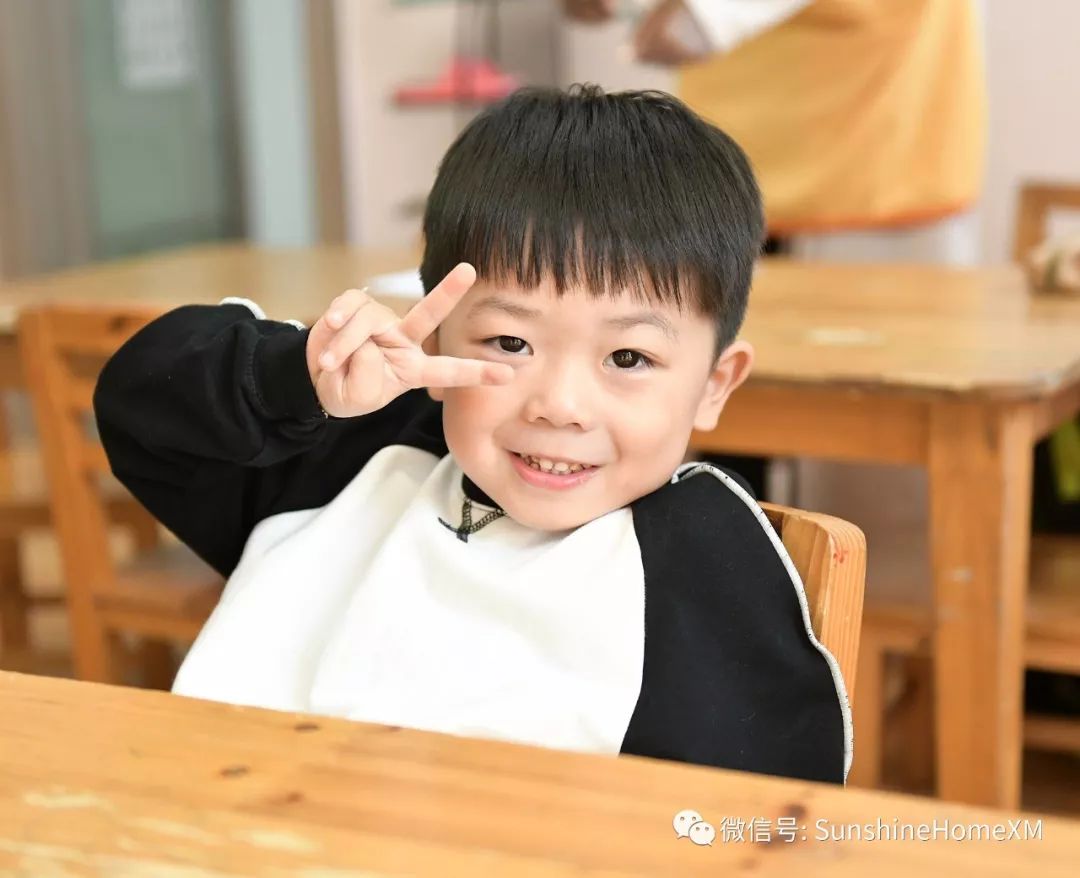
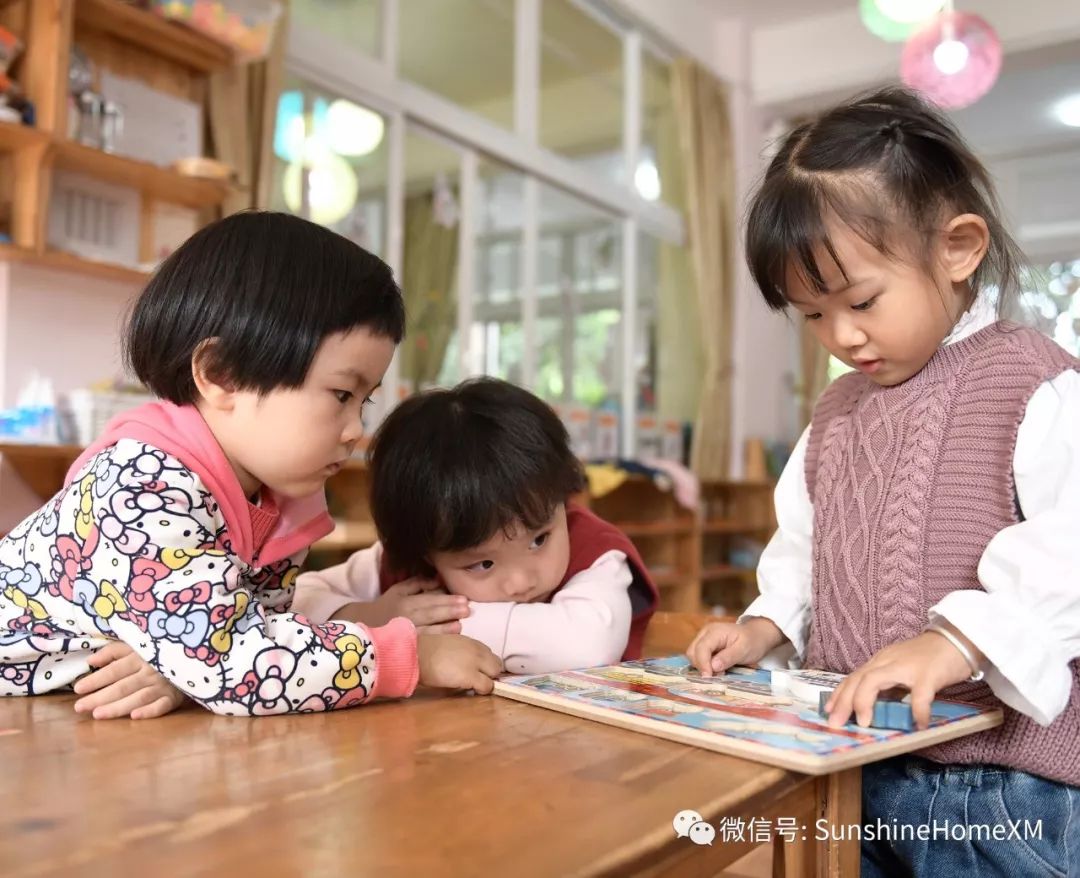

An authoritarian parent is demanding but not responsive.
In this style of parenting, children are expected to follow strict rules and often without explanation.

Obedience is favored over negotiating or involving the child in problem-solving.
If a child misbehaves, authoritarian parents will likely use punishment like spanking or shouting.
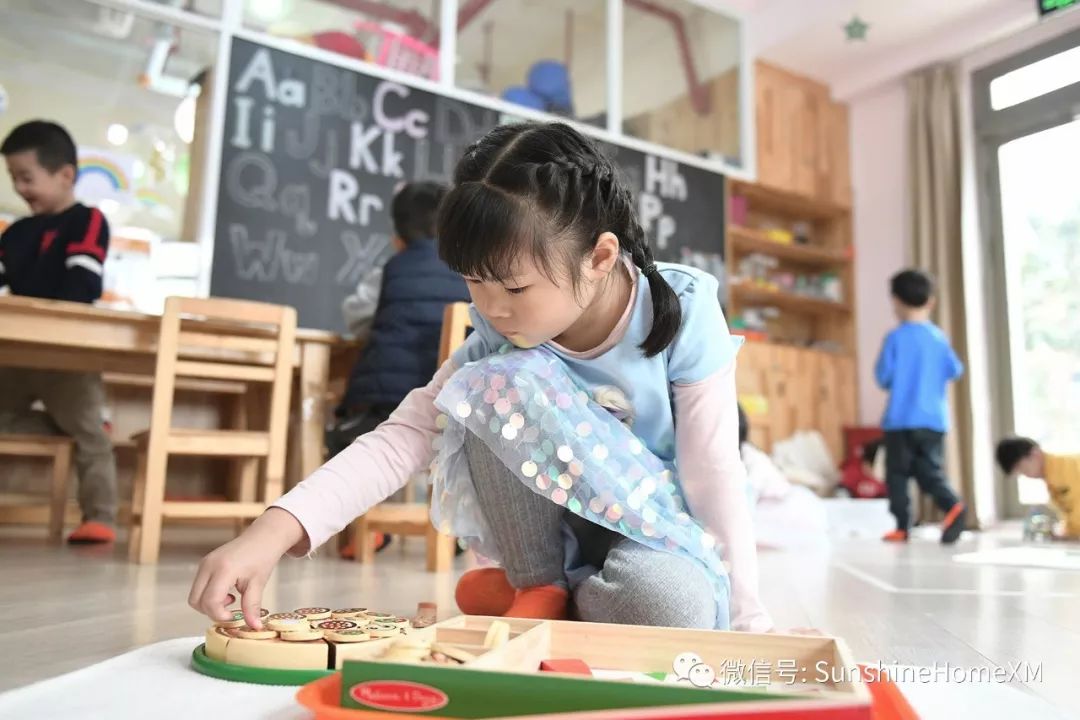
The authoritative parent is demanding and responsive.
In this style, parents enforce rules and give consequences, but they explain the reasons behind these rules.


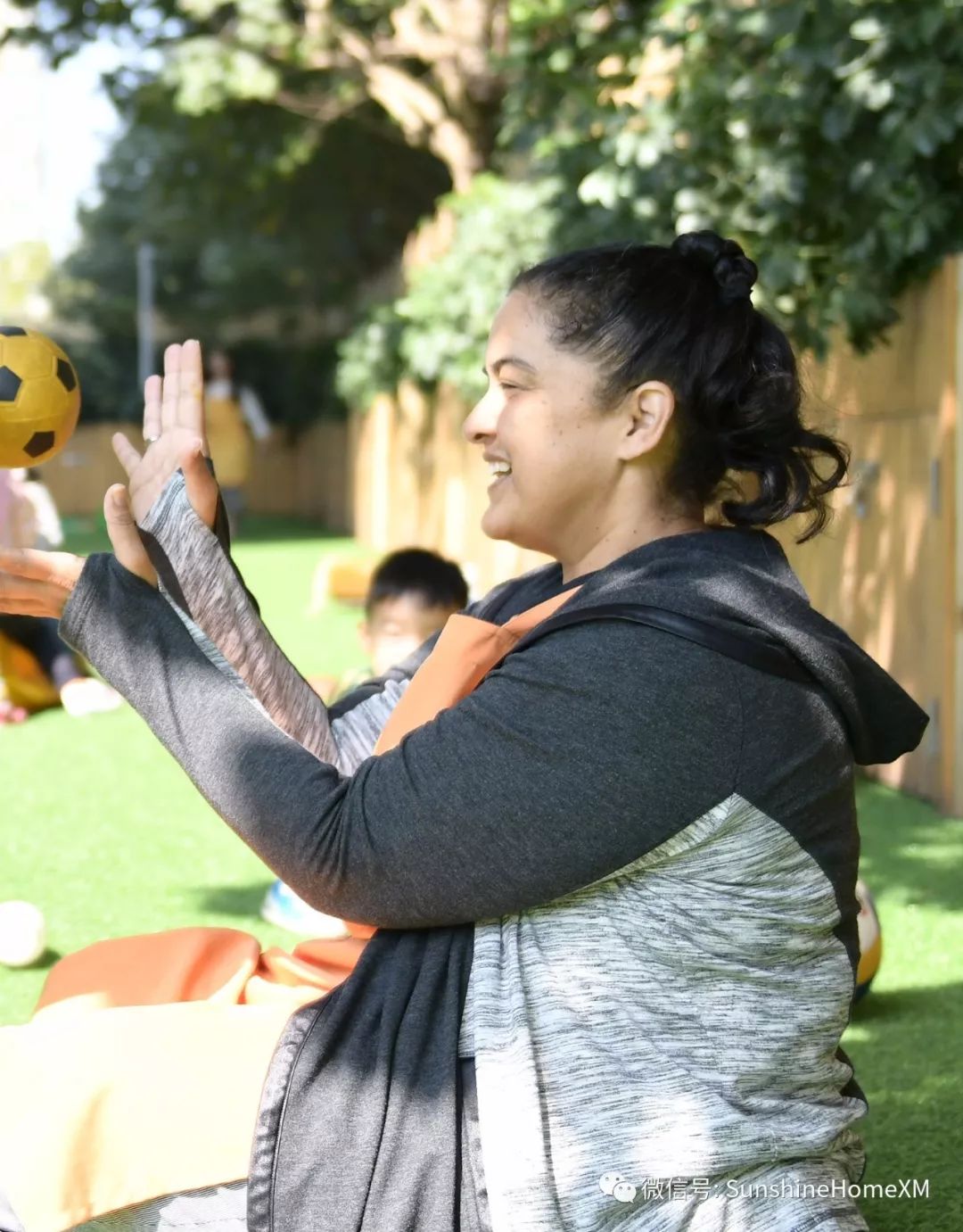
Like the authoritarian style, authoritative parents maintain high expectations for their child, but they also provide warmth, feedback and adequate support.

This style is less controlling than the authoritarian approach, and an authoritative parent emphasizes reinforcing good behavior with rewards and praise while punishment is measured, consistent and explained.

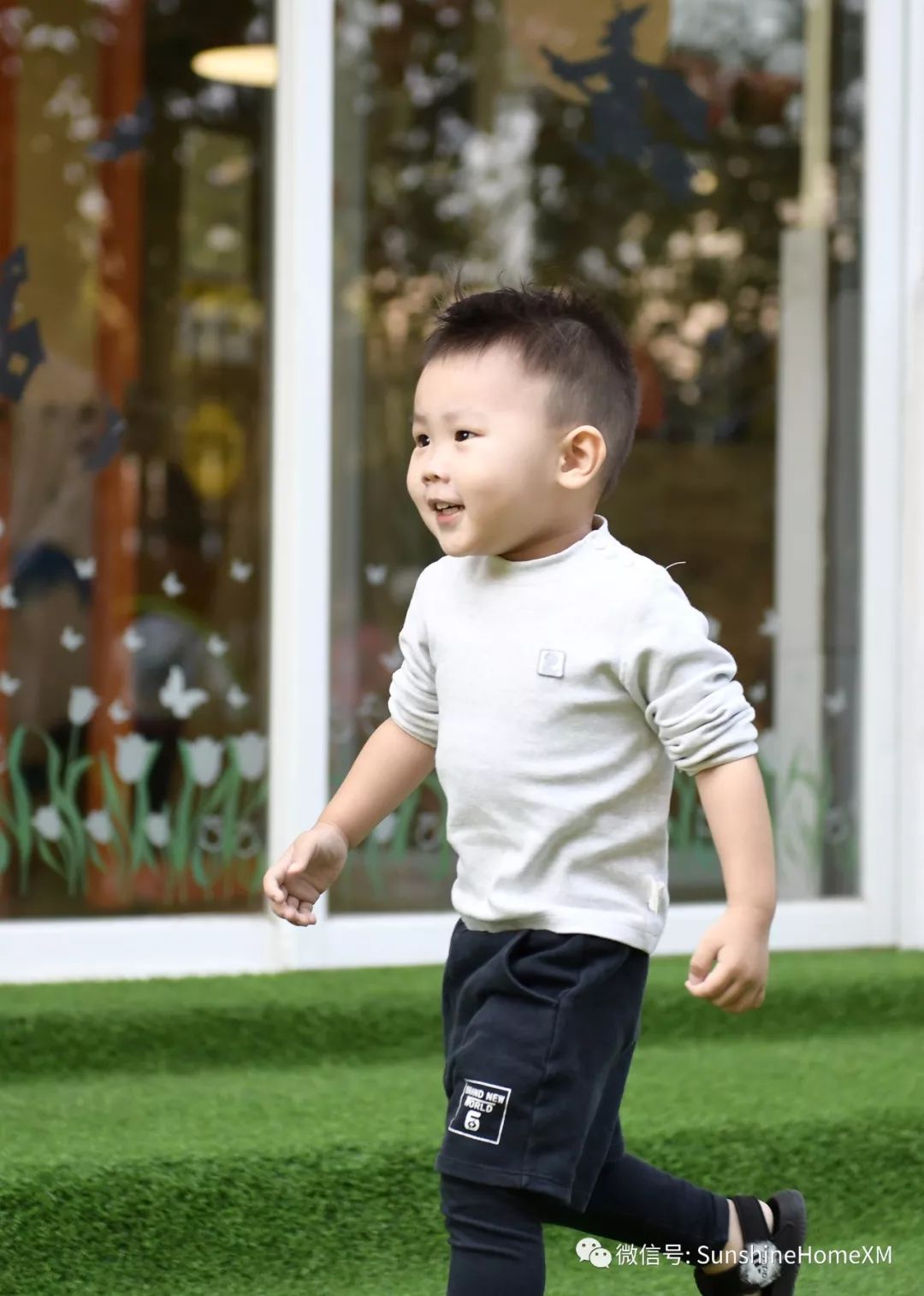
The permissive parent is very involved with their child but places few demands on them.
Parents are nurturing and accepting, and they are responsive to the child’s needs and wishes.

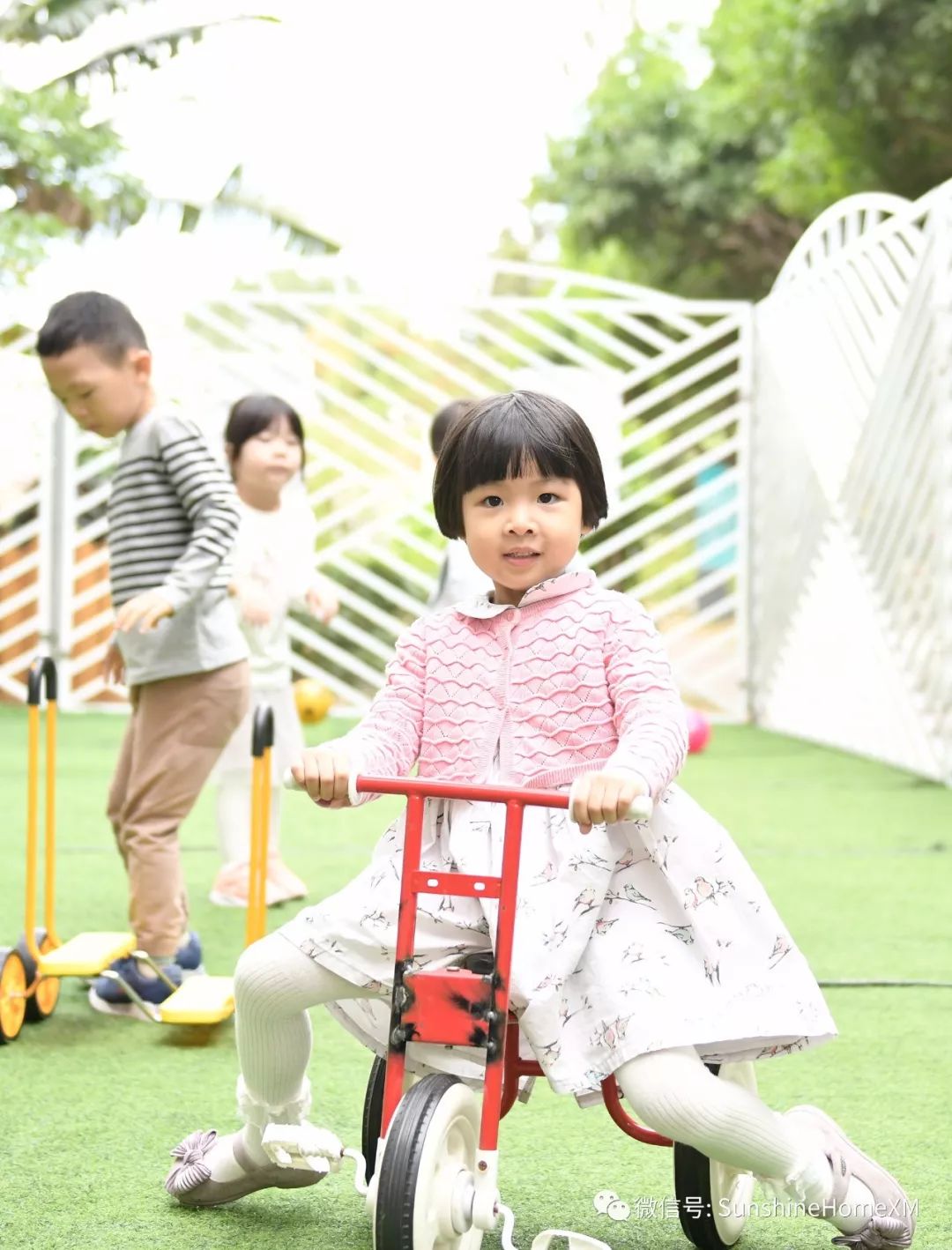
However, they do not teach the child to self-regulate or behave appropriately.
There are few punishments or rules, and the parent acts more like friend. Permissive parents also tend to give their children whatever they want.
Some parents compensate for what they missed as children by giving their children the freedom and materials they lacked in their childhood.




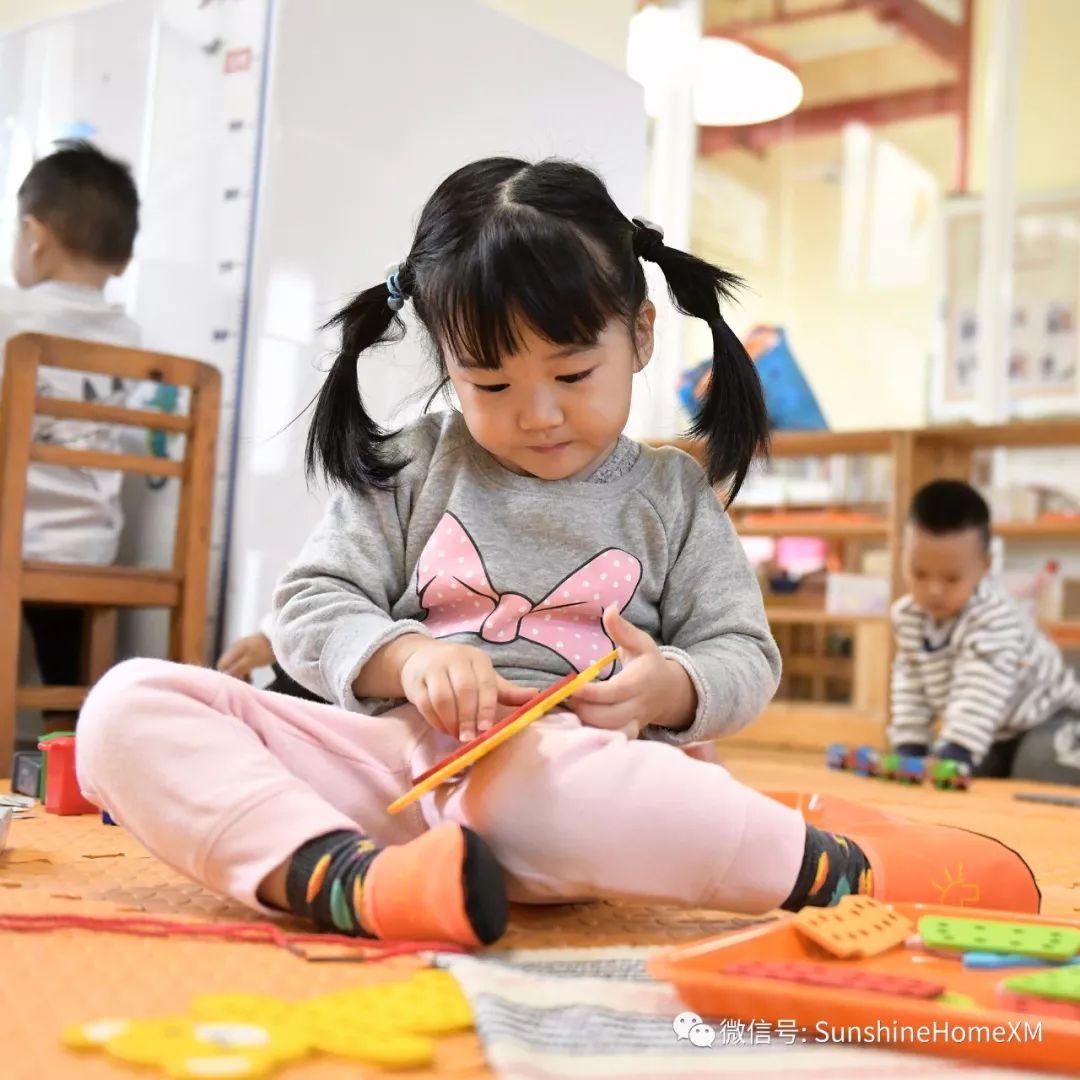
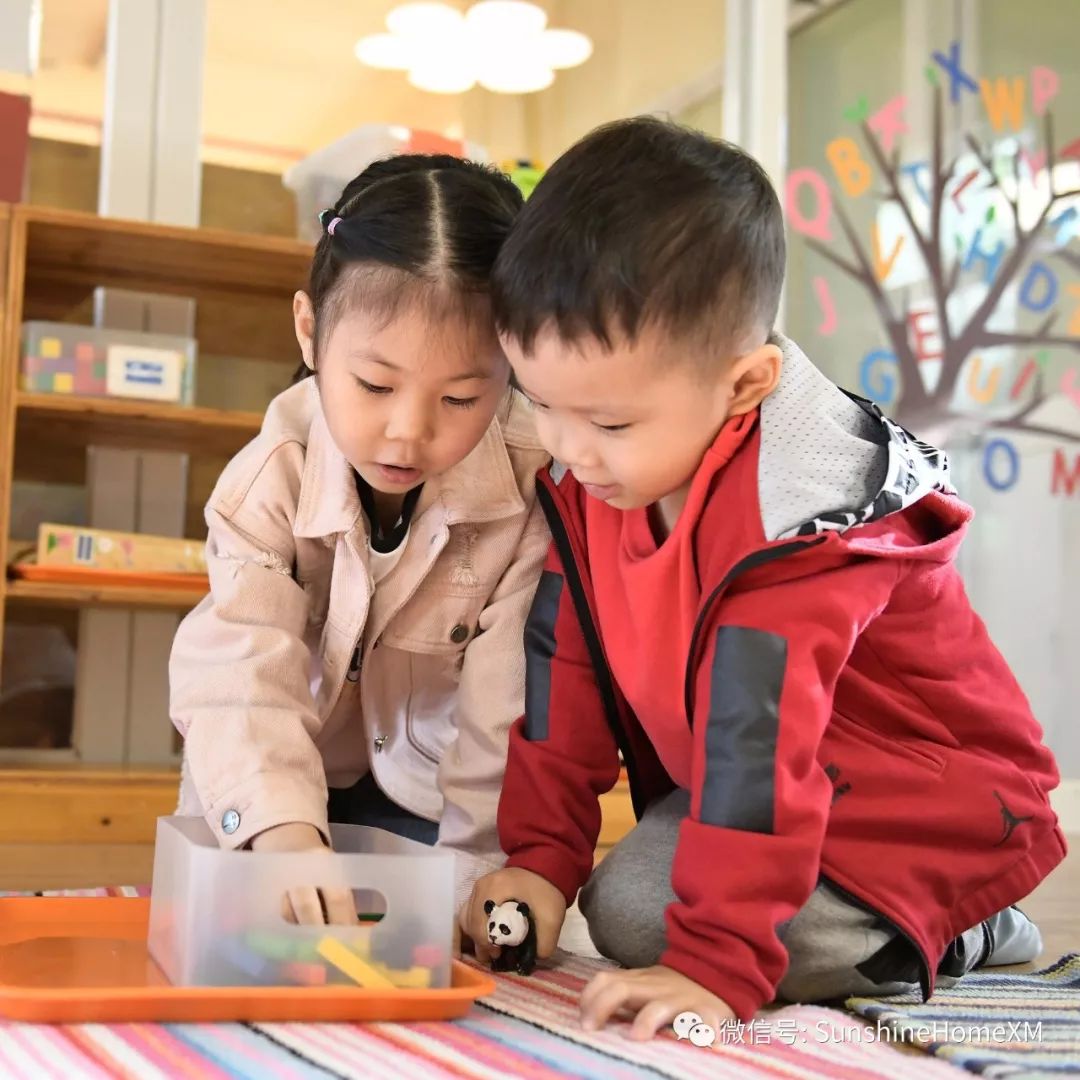




The neglectful parent is unresponsive and undemanding.
In this style, the parents are indifferent to their children’s needs and uninvolved in their lives.

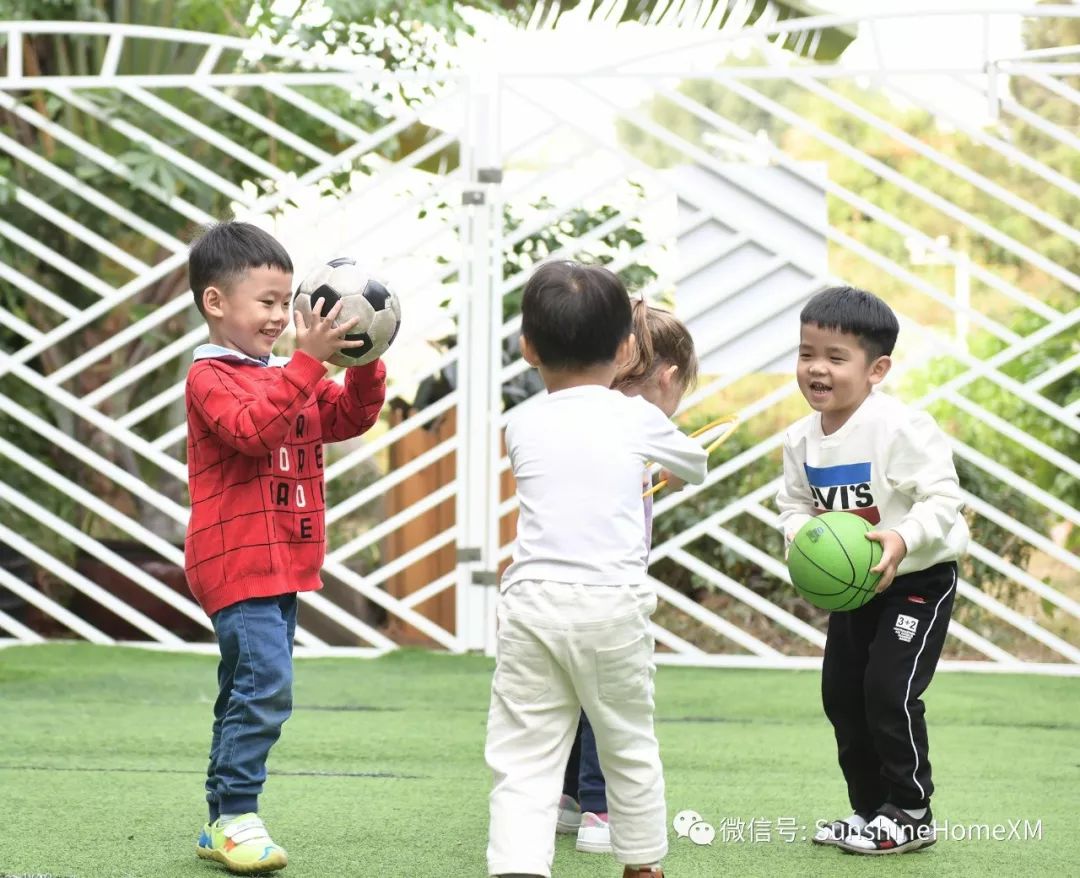
Neglectful parents set few rules and have little knowledge of what their children are doing.
The neglectful parent expects a children to raise themselves or relies on other people and institutions to parent for them.

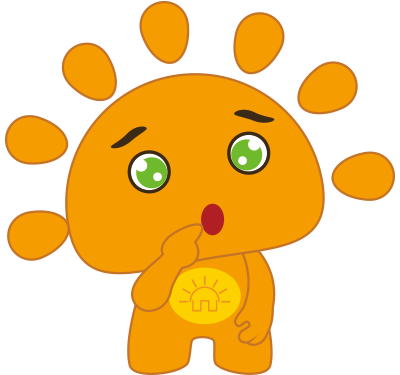
In addition to Baumrind’s initial study of 100 preschool children, researches have conducted many studies that have led to a number of conclusions about the impact of parenting styles on children, including the following:
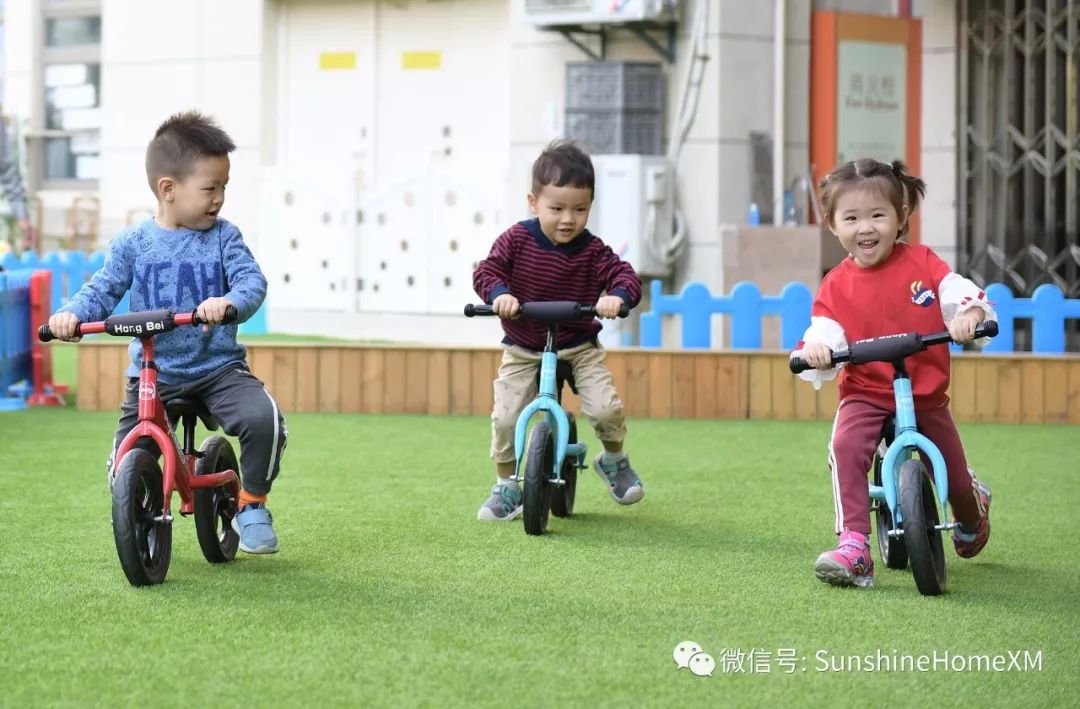


At Sunshine Home, our mission is to turn children into lifelong students who are independent thinkers, social communicators and loving people.


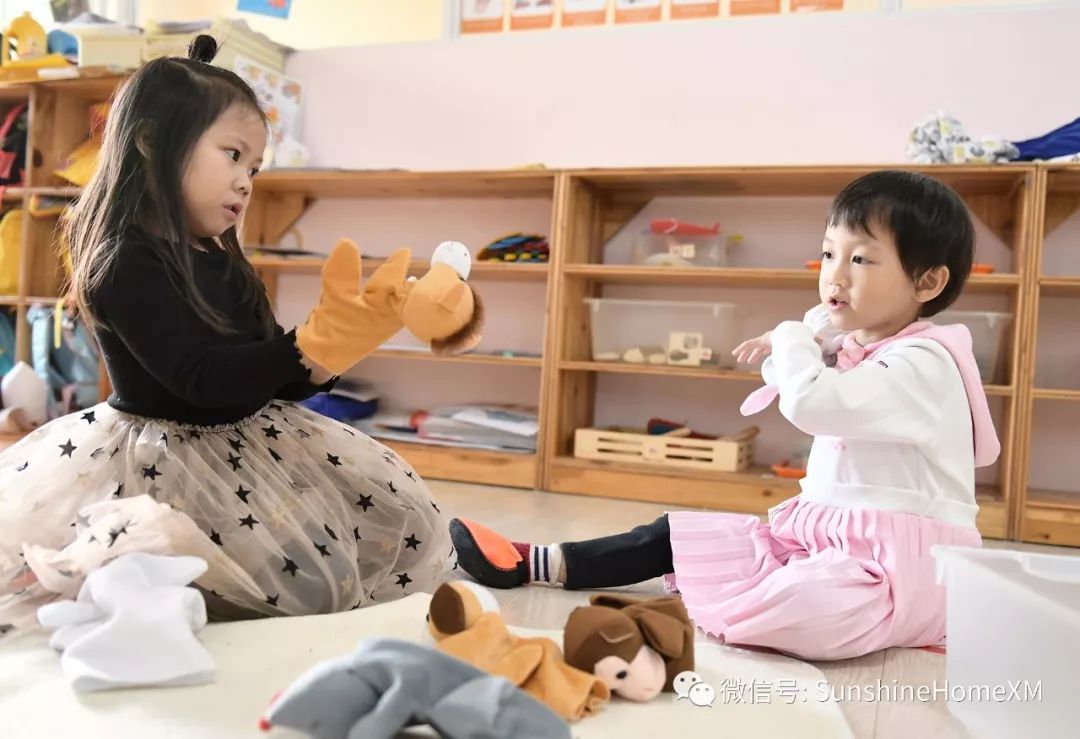
As parents, we want our children to be healthy and happy but also kind and responsible.
While there is no singular formula to raising a child, the authoritative style provides the child with the best opportunity to be happy, healthy and successful.
References and Resources
Baumrind, D. (1967). Child care practices anteceding three patterns of preschool behavior. Genetic Psychology Monographs, 75(1), 43-88.
https://www.parentingforbrain.com/4-baumrind-parenting-styles/
https://www.verywellfamily.com/ways-to-become-a-more-authoritative-parent-4136329


International Sunshine Home is Xiamen’s premier bilingual Arts and Sciences pre-school. Our qualified teachers and small class sizes help your child grow up in a safe and happy environment.
We welcome you to visit us in person to find out more. Simply reply to our WeChat and send us your name and your child’s name along with your phone number.




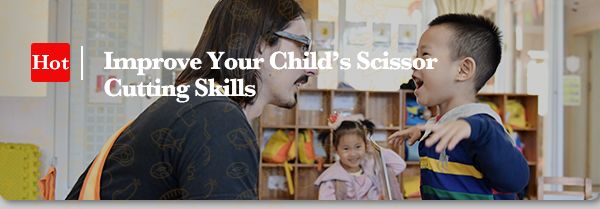



 International Sunshine Home Arts & Sciences
International Sunshine Home Arts & Sciences